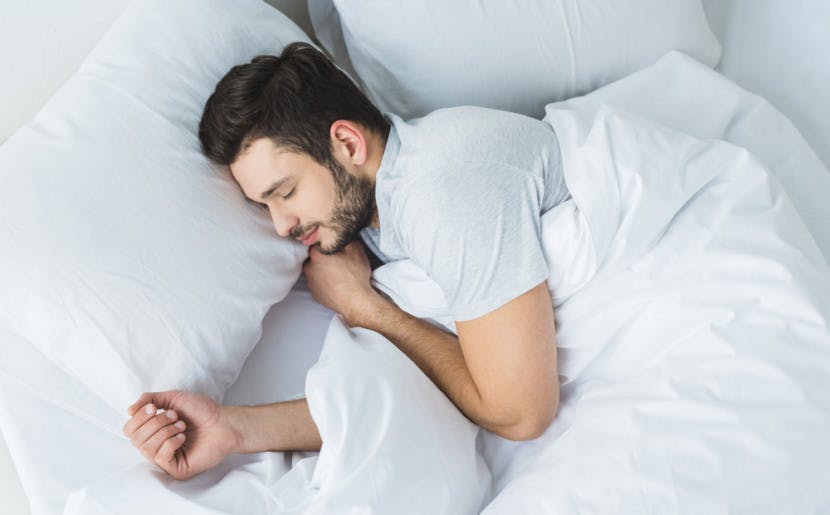Why Do We Need Sleep?
Article by:
Amazing Discoveries™ |
10 min read
Why do we sleep? What happens if you don’t get enough sleep? What does the science of sleep tell us about why we sometimes awaken feeling restless, groggy, or unrested? In our busy lives we sometimes underestimate the importance of rest. But that is a mistake that can have devastating health results. Lifestyle educator Walt Cross says that getting a good night’s sleep is one of the most important things you can do for your body. Science shows that both the quantity and quality of your sleep matters, and that sleep is an essential part of a healthy lifestyle.
The Science of Sleep
Why do we sleep? The short answer is, our bodies need sleep to do the work that can only be done during sleep. Countless processes within the body are controlled by a built-in 24-hour clock and many of those processes take place only at night while we’re asleep. Some of this work involves completing important tasks within the brain, including memory storage.
When you fall asleep, your body goes through different types of sleep, known as Rapid Eye Movement (REM) and non-Rapid Eye Movement (non-REM1). During REM and non-REM sleep different tasks are accomplished by your brain. During non-REM, the events of the day are taken from your short-term memory storage and moved to the part of your brain which creates and stores long-term memories. During REM sleep, the brain processes the day’s events, as well as things that you learned. This is also when you dream.2
During sleep, there is an increase in the release of growth hormone. At this time, your body also does restorative work3 and healing increases.4
Quality of Sleep
In order to make the most of your sleep, you need to be mindful of when and how you sleep. Sleep before midnight is of greater value healthwise than sleep after midnight.5 This is due to the fact that at specific times during the night your body produces important regulatory hormones such as melatonin. Melatonin is important because it regulates the circadian rhythm and also affects your reproductive system.6 Melatonin’s release is affected by light exposure, increasing with the onset of darkness and peaking between 2 am and 4 am.7 Bright lights at night can negatively impact the release of melatonin,8 which can disrupt your natural circadian rhythm and negatively affect your sleep.
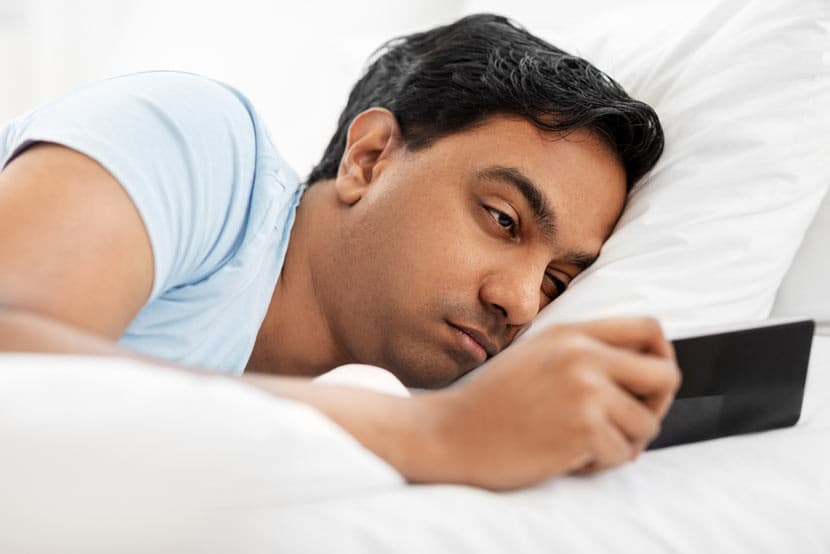
And messing with the circadian rhythm can hurt your health. Researchers have found that “long-term circadian disruptions are associated with many pathological conditions such as premature mortality, obesity, impaired glucose tolerance, diabetes, psychiatric disorders, anxiety, depression, and cancer progression, whereas short-term disruptions are associated with impaired wellness, fatigue, and loss of concentration.”9
For instance, one study found a connection between disruptions in the circadian rhythm and heart health. The study, which involved following more than 88 000 participants over several years, revealed a 25% higher risk of cardiovascular disease among those who went to bed at midnight or later. David Plans, a co-author of the study said, “Our study indicates that the optimum time to go to sleep is at a specific point in the body’s 24-hour cycle and deviations may be detrimental to health. The riskiest time was after midnight.”10
Sleep Deprivation
It is impossible to grow, either physically or intellectually, without rest. The state of wakefulness is an energy-expending process, especially if your wakeful time is spent doing physical or mental work. Rest following work is a time of building up and growing which is crucial for good health. Rest gives the body time to repair and recover11 and is especially important for those who are sick or recovering from illness. If you are sick, be sure to give your body ample time for rest in a quiet, well-ventilated room.
In today’s fast-paced society, we are constantly on the move. Even when we rest, we are hyper-connected thanks to social media and the Internet, and our brain has to work constantly to keep up with the continuous inflow of information. We are always trying to beat time—to do more in less time. While cramming your days with activities may seem productive, if you aren’t taking the time to rest properly, you will end up being less productive in the long run.
How Much Sleep Do I Need?
Scientists suggest adults aim to get between seven to nine hours12 of sleep per night. Unfortunately, many people today are sleep deprived. Sleep deprivation doesn’t just happen when you pull an all-nighter. Sleep deprivation can occur when you get even one hour less than the total amount of sleep you need.
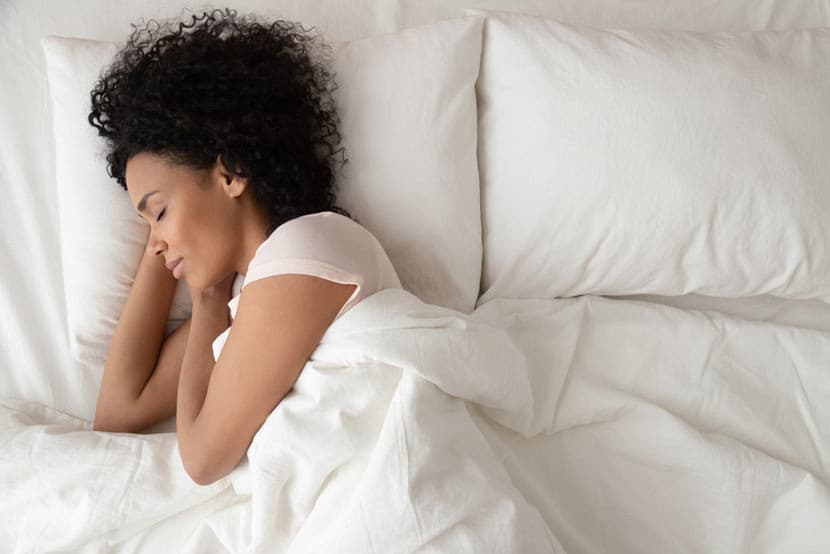
What Happens If You Don’t Get Enough Sleep?
Sleep deprivation can have a significant, negative effect on your health13 and mental performance. When the body is deprived of sleep, it is unable to rebuild and recharge itself adequately. Your cognition, creativity, concentration, and efficiency are negatively impacted by lack of sleep. Sleep deprivation symptoms can include brain fog, fatigue, increased irritability, poor coordination, impaired memory, slower reaction time, heightened stress, anxiety and paranoia, and even hallucinations.14 However, it’s possible that you can be sleep deprived without having severe symptoms.
Sleep deprivation can impair judgment and cause you to make poor decisions, making it a factor in driving accidents15 and inappropriate medical decisions.16
Not getting enough sleep can promote inflammation17 and impact cognitive function.18 Because there is a connection between sleep duration and the immune system,19 sleep deprivation can negatively impact the immune system.20
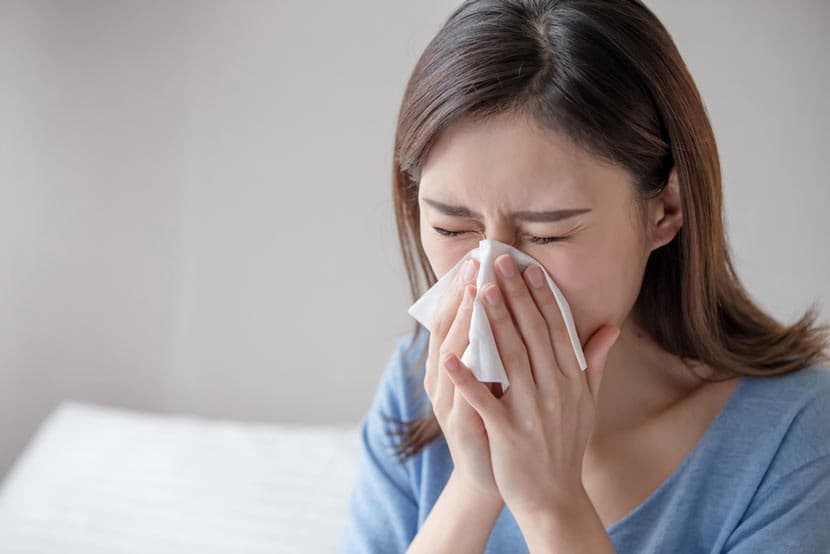
Sleep or lack thereof may be a factor in the development of chronic health issues.21 Diabetes and obesity22 may be influenced by insufficient23 sleep. There may also be a correlation between sleep and cardiovascular disease.24
Sleep is also connected to memory.25 When you have not had adequate sleep,26 the brain does not take in new information as readily. Students may think they’re doing themselves a favor by staying up all night to study for an important exam, but it’s much better to ensure you have had proper sleep before and after you study.
Sleep doesn’t only affect your physical health. Sleep and emotional wellbeing or mental health are closely linked.27 Getting better sleep can help improve your mental health.28 A study found that people who slept between six to eight-and-a-half hours per night were less prone to depression and anxiety and enjoyed better mental health.29
Keep reading to discover how to improve the quality of your sleep!
Get Better Sleep!
If you’re concerned about your sleeping habits, there is hope. You can improve your sleep hygiene and start getting better rest.
These tips will help you improve your sleep quality.
1 |
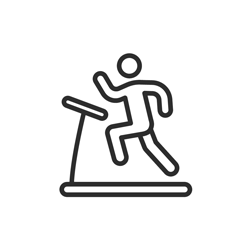 |
Follow a regular exercise program, preferably in the fresh air and sunshine. Your body will rest better if it has been active (Ecclesiastes 5:12). |
2 |
 |
Don't eat a heavy evening meal. Your stomach needs a rest too. If your body has to digest a large meal during the night, your quality of rest will be lower. |
3 |
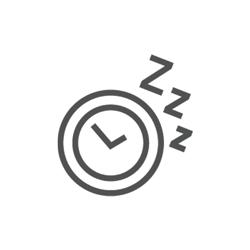 |
Stick to a regular sleeping schedule. Go to bed at the same time and get up at the same time even on weekends and holidays. |
4 |
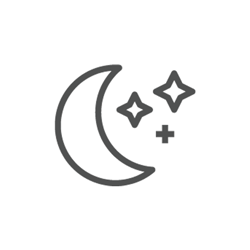 |
Wind down before bedtime. Do something pleasant and soothing. Take a warm bath, drink a cup of herbal tea, enjoy some quiet reading or soft music. Avoid screens and bright light before bed, as bright light and the blue light emitted by electronic devices can delay the onset of melatonin, making it harder to sleep. |
5 |
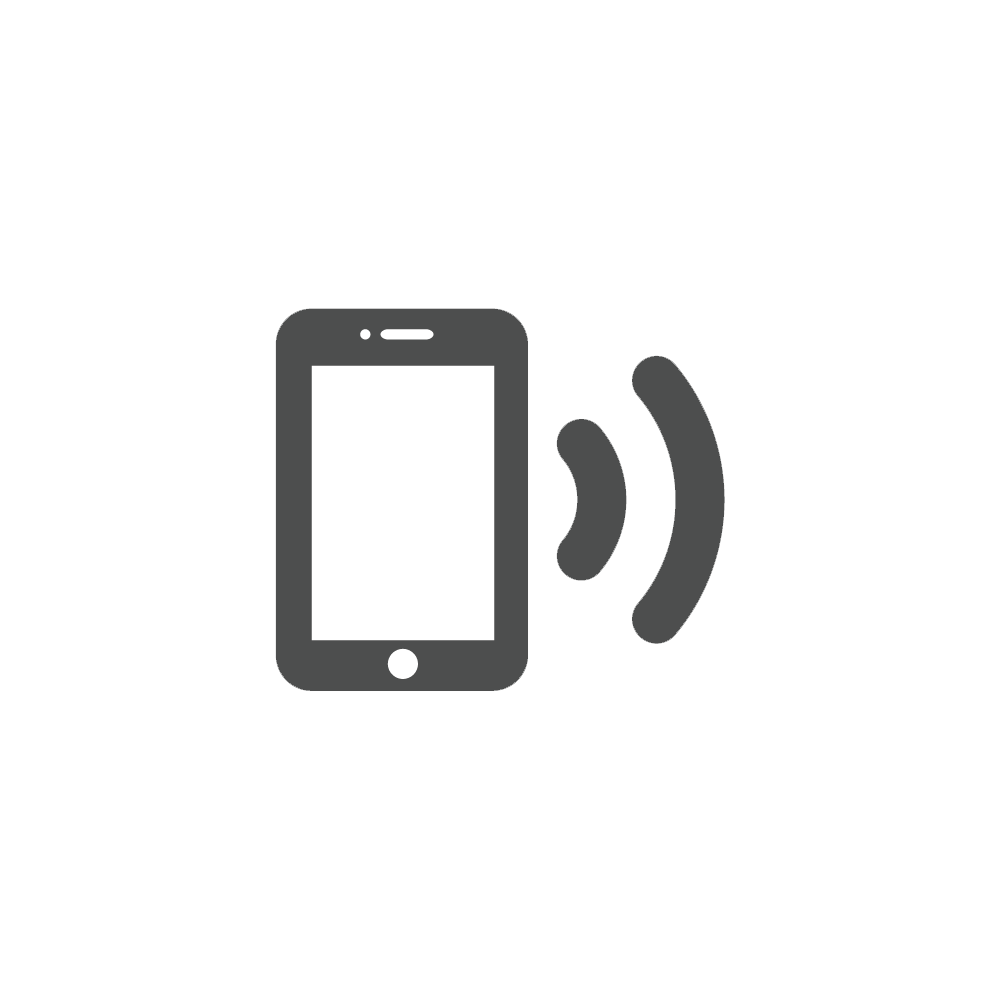 |
Avoid stimulants such as electronic devices, tobacco, caffeine and alcohol. Check your medications for side effects that interfere with sleep. |
6 |
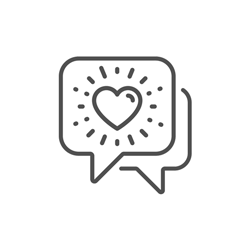 |
Avoid upsetting arguments, conversations, and confrontations in the evening. Set your worries and anxieties aside before bedtime. Ask forgiveness and make restitution to those you may have hurt. It’s easier to rest when you have a clear conscience. |
7 |
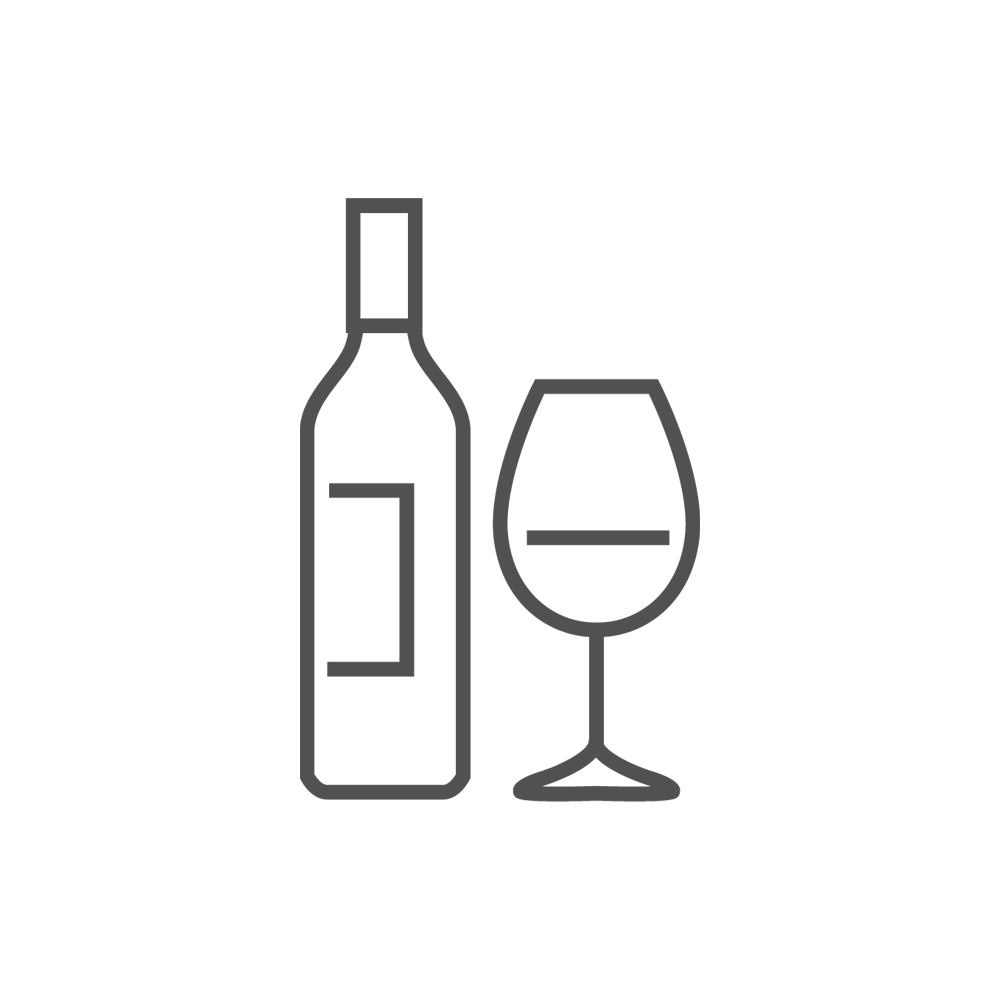 |
Refrain from alcohol. Alcohol interferes with the body's ability to rebuild itself during sleep. |
8 |
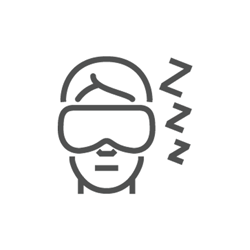 |
Prepare a cool, dark, comfortable, tidy, and quiet sleeping area with an abundant supply of fresh air to soothe the body and encourage rest. |
9 |
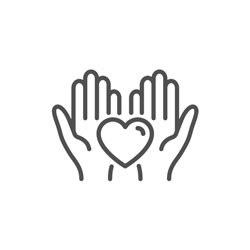 |
Be thankful for the blessings in your life as you go to sleep. |
Our bodies require more than just the regular nightly period of sleep. At Creation, God provided for a weekly rest, the Sabbath. This gives us a whole day without work, when the week's cares are set aside for quality time with God and our families. This is indispensable for total health. It's like an oasis in the midst of our busy lives.
If we work continuously, we impose a strain upon our health and set ourselves up for disease. In addition to getting a good night’s sleep, we need a longer period of recreation and relaxation from time to time for refreshment and regeneration.
Resources
Learn how to get better sleep in this presentation with Barbara O’Neill.
These statements have not been evaluated by the Food and Drug Administration or Health Canada. Our articles, videos and products are not intended to diagnose, treat, cure, or prevent any disease. If you are pregnant, nursing, taking medication, or have a medical condition, consult your physician before following any recommendations or using any product on our site. You assume sole responsibility for your personal health, and you must use your own discretion under doctor consultation to determine whether any product or recommendation on this site is suitable for your personal situation.

